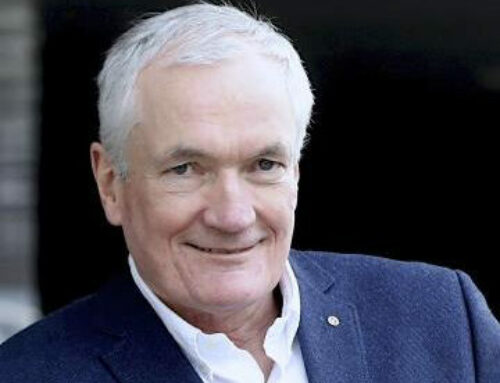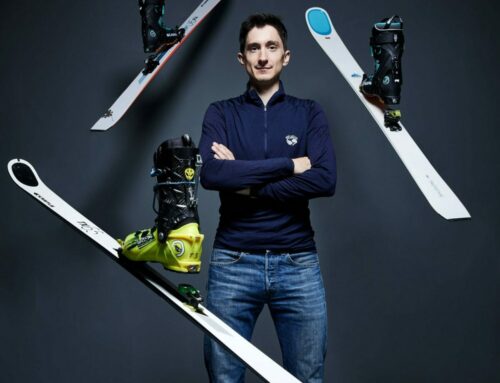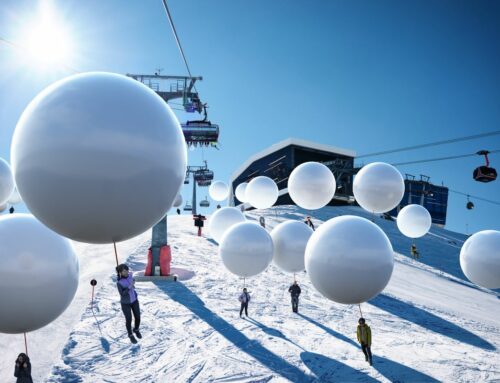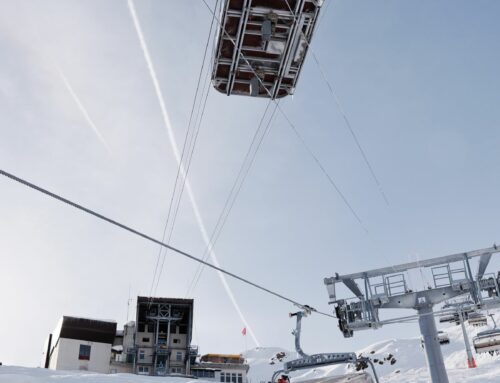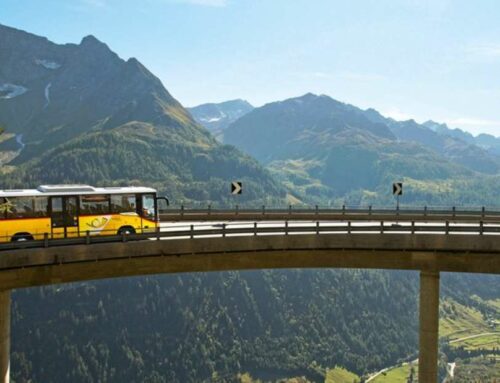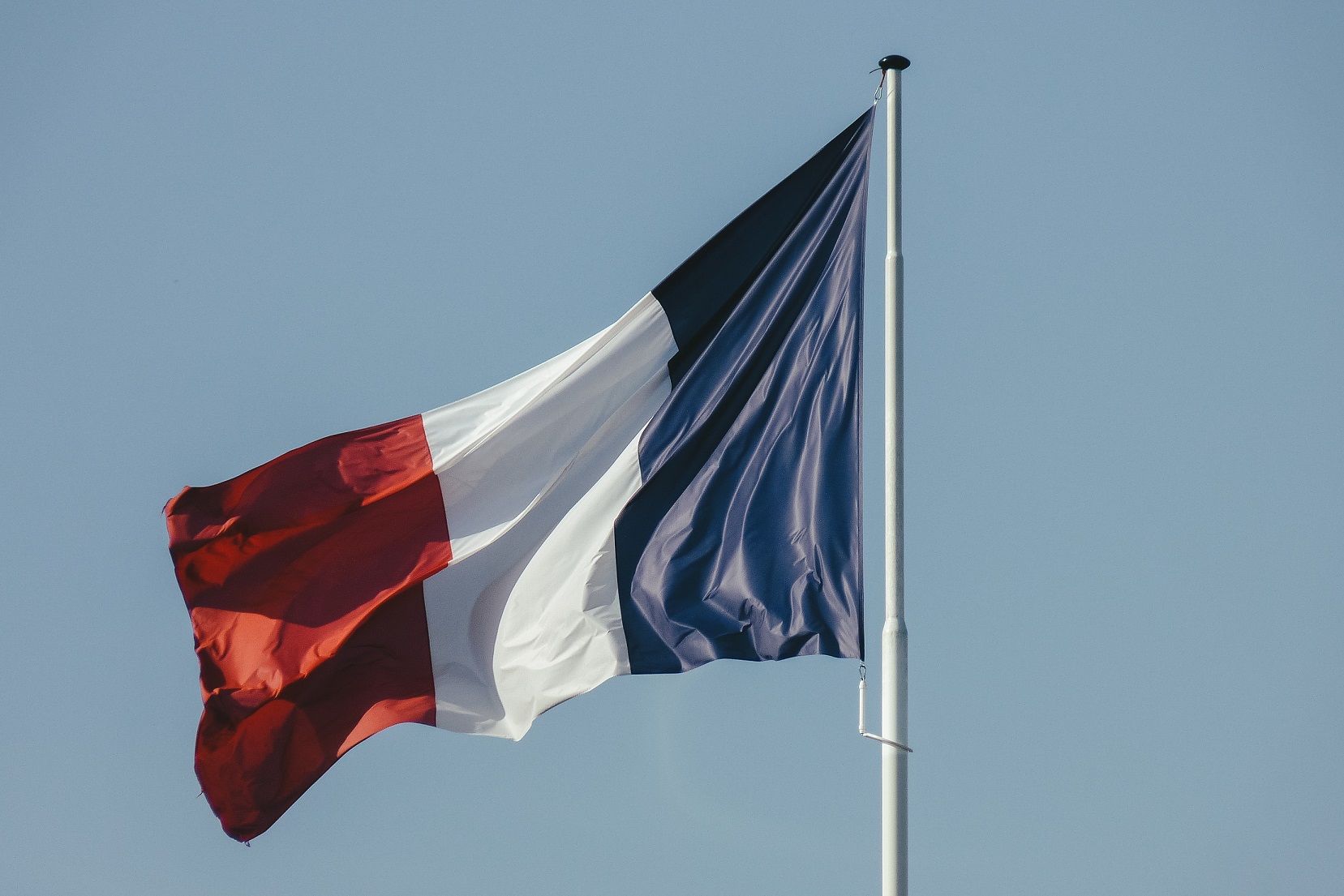
Digitalisation & Innovation
France – Success factor innovation
The coronavirus crisis hit the winter sports sector in France hard. On the weekend of 15th March 2020 all ski resorts had to close at short notice. In the 2019/2020 season, the losses of visits to French ski resorts were around -16 % compared with the previous year’s season.
Because of the ongoing health crisis, the ski lifts were unable to open at all in the 2020/2021 season.
Owing to an increase in French and European tourists, the 2020 summer season was better than expected, although the French tourist sector recorded heavy losses overall for 2020 as a whole; income from tourism collapsed by 41% overall.
Before the coronavirus crisis, an average of 334 m euros per year was invested in the winter sports infrastructure (2015 – 2018). Because of the current situation, as mentioned above, the lifts are now standing idle.
Nonetheless, upcoming major sports events, such as the 2023 FIS Alpine World Ski Championships in Courchevel and Méribel, are boosting
investments. Opportunities will emerge here, especially in the areas of sustainability and safety.
Photo: Pexels/ Melvin Wahlin
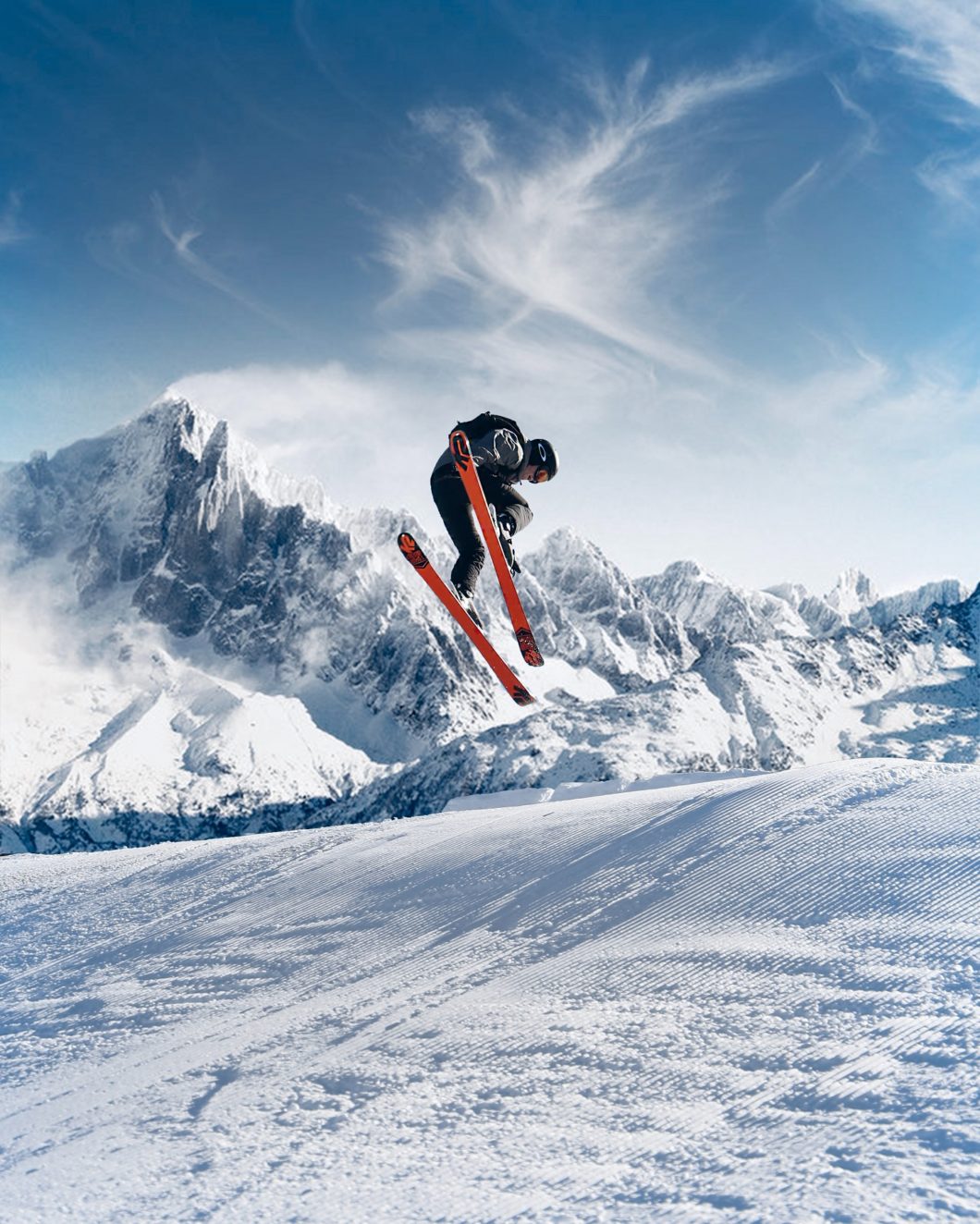
Modernisation for success
Operators regularly invest large sums in the maintenance and expansion of existing infrastructure and attractions. Around EUR 334 m of investment was made each year between 2015 and 2018, of which 40% in lift systems.
Generally it can be said that the ski resorts are increasingly diversifying their offer across all seasons and types of sport. The subject of digitalisation is also gaining greater significance in the French winter sports resorts.
A high level of interest is already apparent here, across borders, and this will only intensify further in the coming years. Growing use of the internet and digital data means not only that users receive more information about the ski resorts and their personal ski holidays but also that the stations become part of a broader, mutual exchange of information.
In some French ski resorts, initial industry-wide efforts are being made to take account of sustainable development criteria in ski tourism. For example, the ski destinations of Montgenèvre (Provence- Alpes-Côte d’Azur region), Méribel and Avoriaz (both in the Auvergne-Rhône-Alpes region) now manage their resorts with quality certificates and audits.
Alongside these efforts, it is also clear that a more global approach to solutions with more environmentally sustainable alternatives will be required, in order to make winter tourism fit for the future in the long term. These sustainable development approaches can also improve guest satisfaction.
Further information about the French winter sports market can be found in the Advantage Austria industry report for 2021.
